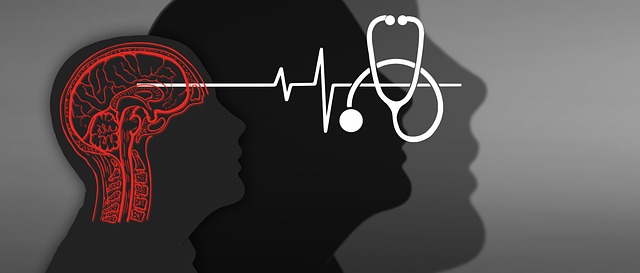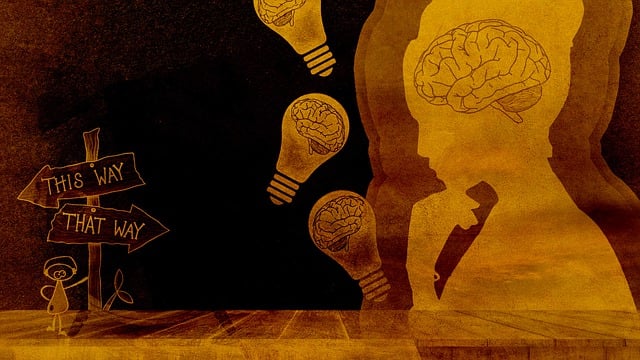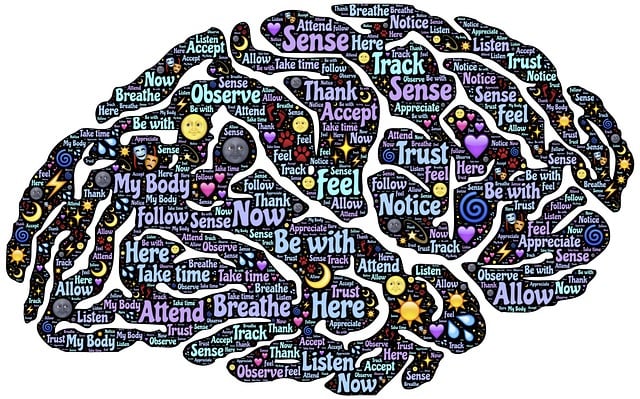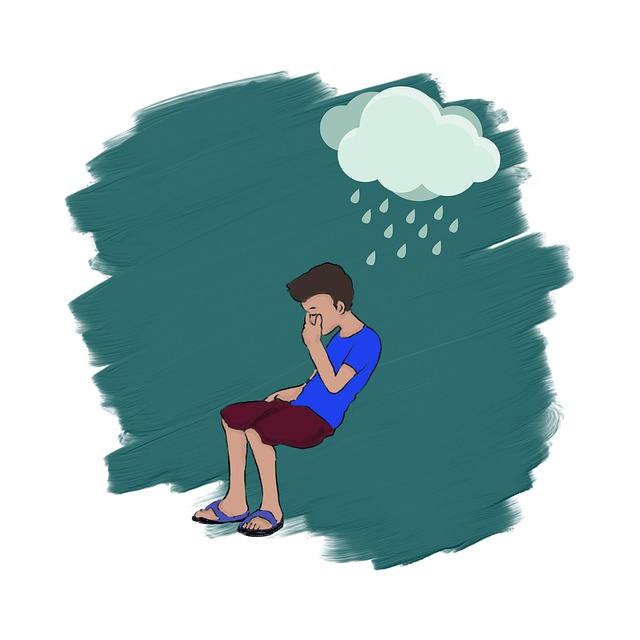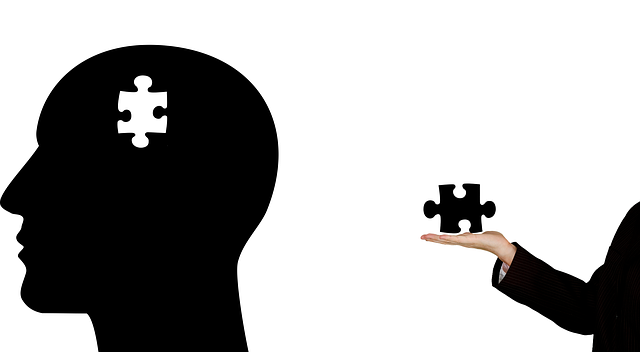Mental health policies play a crucial role in addressing the unique challenges faced by adult men, often obscured by societal expectations. These policies aim to ensure equitable access to therapy, promote emotional intelligence, and reduce stigma around men's mental health struggles. By providing culturally sensitive care through targeted training, healthcare providers can encourage open dialogue and improve outcomes. Disparities in support structures for adult men with anxiety, depression, and substance abuse disorders must be addressed, as current policies often fail to cater to their specific needs. Advocacy, public awareness campaigns, specialized therapy programs, and public-private partnerships are effective strategies to make therapy more accessible and bridge the gap in support for therapy for adults men's issues.
Mental health policy plays a pivotal role in shaping the well-being of adult men, yet there remains a critical need for comprehensive understanding and targeted advocacy. This article delves into the profound impact of mental health policies on adult male populations while exposing gaps in current support structures. We critically analyze barriers faced by men seeking therapy, highlighting unique challenges that require specific strategies. By exploring effective advocacy approaches, we aim to enhance access to much-needed therapeutic services tailored to address the distinct issues prevalent among adult men.
- Understanding Mental Health Policy and Its Impact on Adult Men's Well-being
- Gaps in Current Policies: A Critical Analysis of Adult Male Mental Health Support
- Advocacy Strategies for Enhancing Therapy Access and Addressing Unique Issues Faced by Men
Understanding Mental Health Policy and Its Impact on Adult Men's Well-being

Mental health policy plays a pivotal role in shaping the well-being of adult men, often overlooked yet deeply affected by societal and systemic factors. These policies dictate access to essential services like therapy for adults with mental health issues, influencing their ability to seek support and recover. In today’s world, where stress and emotional challenges are prevalent, addressing these disparities is crucial.
The impact of effective mental health policy extends beyond improved healthcare accessibility; it fosters a culture of positive thinking and emotional intelligence. By enhancing the competence of healthcare providers through training in cultural sensitivity, we ensure that adult men from diverse backgrounds receive personalized care. This approach leverages the power of empathy to build trust, encourage open communication about mental health struggles, and promote timely interventions, ultimately improving outcomes for this demographic.
Gaps in Current Policies: A Critical Analysis of Adult Male Mental Health Support

The current mental health policies often fall short when addressing the unique needs of adult male populations. There is a notable gap in resources and support structures tailored for men struggling with various mental health issues, such as anxiety, depression, and substance abuse disorders. This disparity can be attributed to societal norms that historically discourage men from openly discussing their emotions and seeking therapy for adults men’s issues. As a result, many men face barriers to accessing adequate care, leading to prolonged periods of unaddressed emotional distress.
The absence of targeted interventions exacerbates the challenges men encounter in navigating complex mental health landscapes. Burnout prevention and coping skills development are crucial aspects often overlooked in traditional therapy for adults men’s issues. Promoting emotional healing processes tailored specifically for males is essential to fostering resilience and overall well-being. By recognizing these gaps, policymakers can advocate for inclusive strategies that bridge the gap in support, ensuring better outcomes for adult male individuals seeking mental health services.
Advocacy Strategies for Enhancing Therapy Access and Addressing Unique Issues Faced by Men

Advocacy plays a pivotal role in shaping mental health policies and ensuring that therapy becomes accessible to all, especially men who often face unique challenges in seeking help. One effective strategy is to target public awareness campaigns towards male-specific issues, such as promoting discussions around traditional gender roles and the expectations placed on men’s emotional expression. By highlighting the importance of mental well-being for men and encouraging open conversations, these campaigns can help reduce stigma and encourage more males to consider therapy.
Additionally, advocacy groups can work towards developing specialized therapy programs tailored to men’s experiences. This may include groups that focus on trauma, stress related to work or family responsibilities, and the unique challenges of transitioning into adulthood. Skills-based workshops and counseling sessions that teach coping mechanisms and resilience-building strategies can empower men with tools to navigate their mental health journeys. Public-private partnerships can also facilitate access to affordable therapy for adults by expanding insurance coverage and offering subsidies for those in need.
Mental health policy plays a pivotal role in shaping the well-being of adult men, yet current approaches often overlook specific challenges they face. By critically analyzing gaps in support, we identify critical areas for improvement. Advocacy strategies focused on enhancing therapy access and addressing unique gender-related issues can significantly benefit this demographic. Implementing evidence-based policies that prioritize mental health care for adult men is essential to ensuring a healthier and more supportive society, ultimately fostering better lives for those struggling with their mental health.


